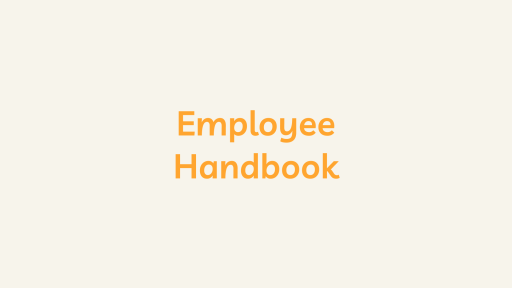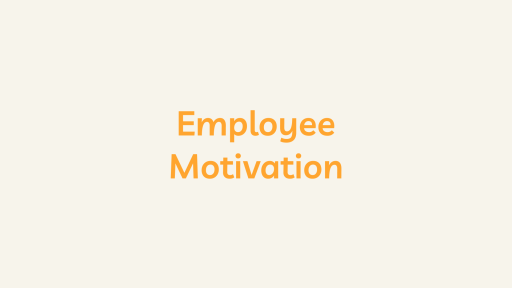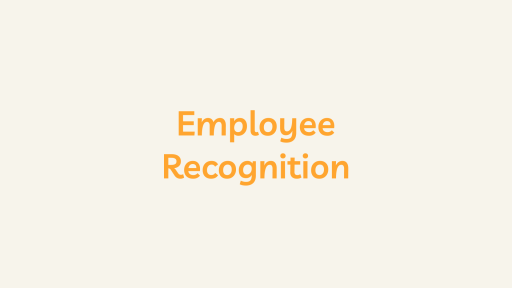What is an Employee Contract?
An employee contract is a legally binding agreement between an employer and an employee. The contract outlines the terms and conditions of the employment relationship, including the job responsibilities, compensation, benefits, and other important details. In this article, we’ll discuss the key elements of an employee contract and why employers and employees need to understand its contents clearly.
Job description and responsibilities
The Employee contract should clearly define the employee’s job title, duties, and responsibilities. This includes a detailed job description outlining the tasks and expectations for the role. It’s important for both the employer and the employee to clearly understand the job responsibilities to ensure that the employee can perform the required tasks and that the employer’s expectations are reasonable.
Compensation and benefits
The contract should clearly outline the compensation and benefits that the employee will receive in exchange for their services. This includes the employee’s salary, bonuses, and any other forms of compensation, as well as benefits such as health insurance, retirement plans, and vacation time. It’s important for both the employer and the employee to clearly understand the compensation and benefits to ensure no misunderstandings or disagreements in the future.
Term of employment
The Employee contract should also define the length of the employment relationship, whether for a specific or indefinite period. The end date should be clearly stated if the contract is for a fixed term. It’s important for both the employer and the employee to clearly understand the terms of employment to avoid any confusion or misunderstandings about the duration of the relationship.
Termination of an Employment Contract
The contract should also include provisions for termination, including the circumstances under which either party can terminate the employment relationship and the notice period required for termination. This helps to protect both the employer and the employee and can prevent disputes or legal action in the event of termination.
Confidentiality and non-disclosure agreements
Employee contracts often include clauses related to confidentiality and non-disclosure. This can include prohibiting employees from sharing confidential information about the company, its clients, or its products with third parties. It’s important for employers to protect their intellectual property and confidential information, and these clauses help to ensure that employees understand their obligations and responsibilities regarding confidential information.
In conclusion, an Employee contract is an essential tool for both employers and employees. It outlines the terms and conditions of the employment relationship, including job responsibilities, compensation, benefits, termination, and confidentiality agreements. A clear and comprehensive Employee contract can help prevent misunderstandings and disputes and ensure a positive and productive employment relationship for both parties.





